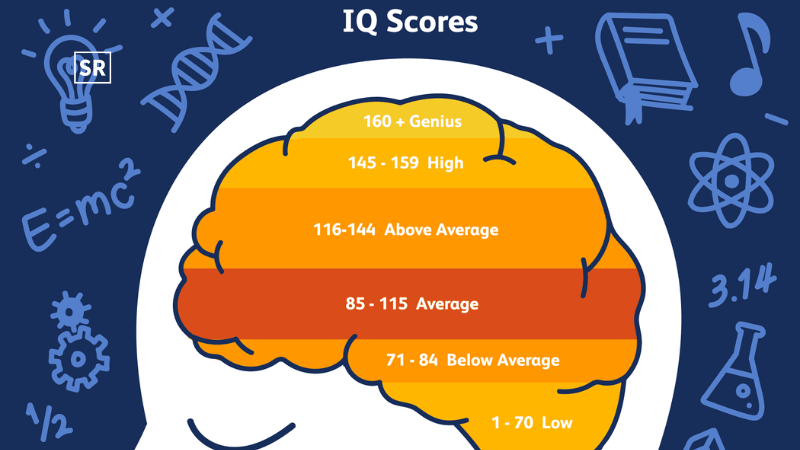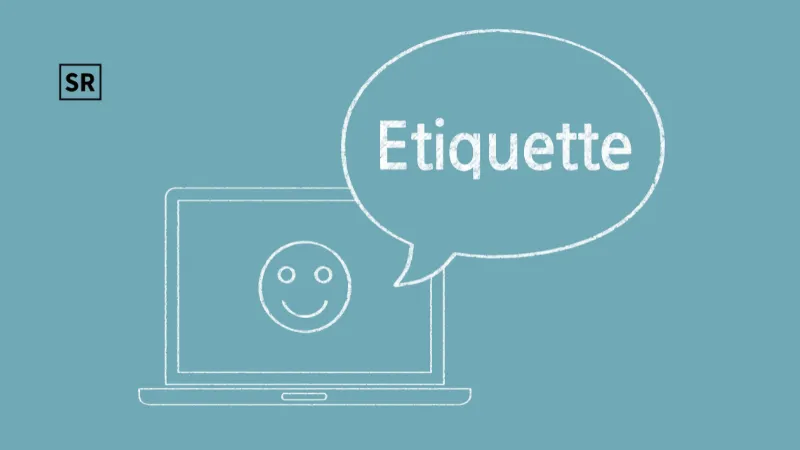
A Genius IQ score typically refers to an intelligence quotient (IQ) of 140 or above. This level of intelligence is considered to be in the top 2% of the population and is often associated with exceptional problem-solving skills, creativity and advanced reasoning abilities. People with a genius-level IQ may excel in academics, logic-based tasks or creative thinking.
IQ tests can measure certain types of intelligence, they do not capture all aspects of a person’s abilities such as emotional intelligence, practical skills or creativity. A high IQ score is just one indicator of potential not a full measure of success or talent.
What Is a Genius IQ Score?
A genius IQ score is generally considered to be 140 or higher on a standard IQ test. IQ, or Intelligence Quotient, is a number that measures a person's cognitive abilities compared to the average population. The average IQ score is set at 100, and most people score between 85 and 115. A score of 140 or above places someone in the top 2% of the population and is often associated with exceptional intellectual ability, advanced problem-solving skills, and creative thinking. While a high IQ can indicate strong reasoning and learning abilities, it doesn’t guarantee success in life or reflect emotional intelligence, social skills or creativity.
Understanding IQ Scale Scores
IQ scores follow a pattern called the bell curve, which is a way of showing how most people score on an IQ test. Here are a few simple terms to help you understand it better:
RECOMMENDED FOR YOU

Fiinu Plc Share Price Prediction (2025-2030): Expert Analysis & Predictions
Kailee Rainse
Apr 15, 2025
Normal distribution: When IQ scores are shown on a graph, they make a bell-shaped curve. Most people score around the middle (the top of the bell), and fewer people score very low or very high. One side shows lower-than-average scores, and the other shows higher-than-average scores.
Mean: This is the average score. It is found by adding up all the scores and dividing by the number of people who took the test. On most IQ tests, the average score is set at 100.
Standard deviation: This tells us how spread out the scores are. In IQ testing, the standard deviation is usually 15 points. Most people (about 68%) score between 85 and 115. A small number of people score much lower or higher than that.
Breakdown of IQ Scores
The average IQ score is 100. Here are the common labels used to describe different IQ score ranges
- 1–24 Profound mental disability
- 25–39 Severe mental disability
- 40–54 Moderate mental disability
- 55–69 Mild mental disability
- 70–84 Borderline mental disability
- 85–114 Average intelligence
- 115–129 Above average / Bright
- 130–144 Moderately gifted
- 145–159 Highly gifted
- 160–179 Exceptionally gifted
- 180+ Profoundly gifted
IQ Tests Measure
IQ tests measure skills like:
- Logic and reasoning
- Pattern recognition
- Verbal and spatial understanding
- Problem-solving ability
What IQ Scores Really Mean
To understand what a “genius” IQ score means, it helps to first know a bit about how IQ testing began. Modern IQ tests are mostly based on the work of a French psychologist named Alfred Binet in the early 1900s. The French government asked him to create a test to find students who needed extra help in school.
Through his research, Binet came up with the idea of mental age. He noticed that some children could answer questions meant for older kids. This meant their mental abilities were ahead of their actual age. If a 7-year-old could answer questions like a 10-year-old they were said to have a mental age of 10.
Binet used this idea to measure intelligence by comparing a child’s mental age to what was expected for their real age. This was the beginning of the IQ testing system we use today.
Conclusion
IQ scores are a helpful way to understand certain aspects of a person thinking and problem-solving abilities. They are based on standardized tests and usually have an average score of 100, with most people scoring between 85 and 115. While a high IQ can indicate strong logical and reasoning skills, it’s not the only measure of intelligence. Qualities like creativity, emotional intelligence and practical skills are just as important in real life. In the end, an IQ score is just one part of a much bigger picture of who you are and what you’re capable of achieving.


 Follow us
Follow us Follow us
Follow us














